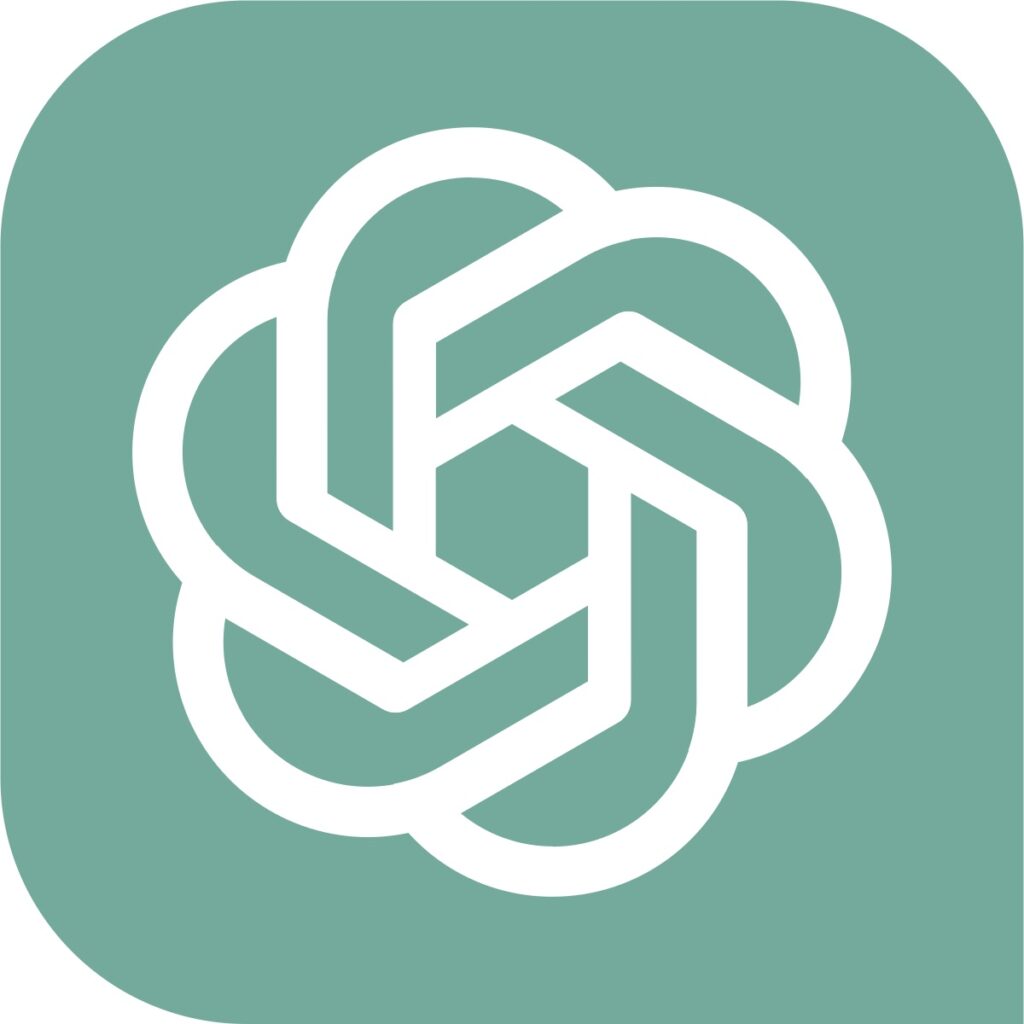

You need to figure out what a sentence in Portuguese means, fast.
Thankfully, there are already tons of Portuguese-to-English translator apps today. Not all of them are equally good, though–some of them might give you wonky translations!
Whether you’re heading to a Portuguese-speaking country or you’re simply finding new, efficient ways to communicate with your Lusophone friends, here are six good translator apps that’ll help you unlock the language.
Google Translate has come a long way in recent years. No longer is it a mere feature of the powerful search engine—if anything, this free app is probably one of the best of its kind.
Translations are checked and approved by the community, so there’s minimal room for error. There are many interactive components to choose from too: you can enter some text, write a word on your screen with your finger, say it aloud, take a photo or listen to the words being spoken back to you.
Both Brazilian and European Portuguese learners can benefit from Google Translate, to a point. Audio playback on translated words is more favorable to the Brazilian accent. Other than that, the app pretty much works fine.
And if you want to translate text from an image–such as when you’re looking at a Portuguese menu–Google Lens is also very reliable.

DeepL is one of the most advanced translation apps around, and it’s actually what professional translators often use! Since it’s powered by advanced AI, its translations tend to be more accurate.
You can easily download the mobile app or go to the website directly, where you can copy-paste the text you want and even upload an entire file. It’s free for a certain number of characters, which might be more than enough if you only want to do short translations.
What’s cool is it also has a browser extension, which lets you translate Portuguese words into English as you read them.
DeepL is pretty versatile in terms of languages, so it works for both European and Brazilian Portuguese.

Reverso is a handy language tool that covers Portuguese-to-English translation, among other useful features. You can translate thousands of characters in one go for free.
If you’re a Portuguese learner, you’ll want to check out this app because it lets you look up Portuguese words and expressions and see what they mean in context. You’ll get to see several possible translations, along with example sentences. There’s a conjugation tool too for Portuguese.
Reverso leans more towards European Portuguese, but it can also handle Brazilian Portuguese.

ChatGPT is incredibly popular now as an AI chatbot because you can ask it about anything (and it can even speak the answers out loud). But did you know that it’s also pretty reliable as a Portuguese-to-English translator?
While it’s not perfect, it excels at giving context-based translation and sometimes even beats out some of the best AI translation apps. For example, if you want it to translate a Portuguese text, you can give a bit of background on the text or even have ChatGPT summarize the translation. Portuguese learners can even ask it to explain certain word choices and nuances.
For now, though, it’s better at translating into English, so you’ll get much more natural results with Portuguese-to-English translation rather than the other way around.
iTranslate is a snazzy app that enables travelers, students and professionals to make sense of more than 90 languages. Even better: both varieties of Portuguese are covered by the platform.
The free version is quite comprehensive, featuring voice recognition, a history archive of words for future reference, automatic language detection and an SMS keyboard extension for the selected language.
There’s also a paid version that includes offline translations, website translations and a dictionary and verb guide to help you improve your Portuguese grammar.
Microsoft Translator is a unique live translation app that aims to connect learners with people who speak the supported languages. The app lets you choose between interacting with others or simply inputting some text into the translator.
While the platform is vague on which Portuguese variety it covers, a quick test of the online translator indicates that the pronunciation is more skewed towards the Brazilian accent. That being said, those learning European Portuguese will still get plenty of interactive writing practice from the platform.
As you can see, no Portuguese translator app is quite like the other. Sure, there are plenty of similarities, but even the simple text apps on this list have their own distinct strengths and weaknesses.
The best thing you can do is try out a few of them to see how they align with your current goals and abilities. Most of them are free, after all, so it’s worth a shot!
Good luck, and enjoy the ride along the road to Portuguese language fluency.





